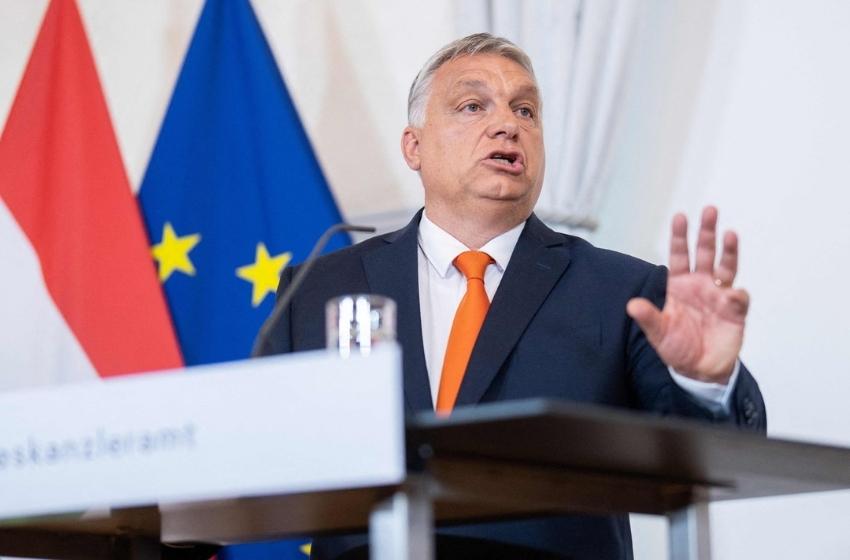The share of those who believe it is possible to maintain good political relations with the EU and Russia simultaneously has decreased significantly.
According to the overwhelming majority of Hungarians surveyed, the perception of Hungary in Europe has deteriorated since the outbreak of the war in Ukraine. Dissatisfaction with the policies of Prime Minister Viktor Orban is growing.
This was reported by the Hungarian newspaper Népszava, citing the results of a survey conducted by the Publicus Institute.
In February, 64% of respondents classified the war in Ukraine as Russian aggression, in April only 56%. Six months after the full-scale Russian invasion of Ukraine, 63% again agree with this statement. But 19% of those polled still believe Russia is on the defensive. People with higher education (80%) and residents of the capital - Budapest (77%), mainly classify what happened as aggression.
Among the supporters of the party of Prime Minister Viktor Orban, Fidesz is much less (46%) believe that Russia committed aggression than in the opposition camp (88%).
The number of those who expect Prime Minister Viktor Orban to condemn Russia more harshly than now for the attack on Ukraine has increased to 48%. 34% of respondents do not have such a need, 18% did not answer the question. Significantly fewer Fidesz supporters (15%) want to see tougher actions by the prime minister than the opposition (88%).
More and more people are unhappy with the pro-Russian foreign policy of the Orban government ahead of a full-scale war in Ukraine. The share of dissatisfied and satisfied in February was absolutely the same - 46% each. Satisfied people prevailed in April (56%), but today the opposite trend is observed: 50% are dissatisfied, only 40% are satisfied.
When asked how satisfied you are with the government's response to the war so far, in February, 60% of those surveyed said they were satisfied. In April, 66% were satisfied, but by August, the group of those satisfied had shrunk to 42%. The dissatisfied group increased to 52%.
51% of respondents do not consider the war likely to spread to Hungary, and another 30% - "rather unlikely." In this regard, people's opinions have changed minimally since February. 56% expect the war to be protracted, but other countries will not "get involved" in an armed conflict.
At the same time, the majority fears (53% "a lot", 19% "a little") that the price of gas will continue to rise due to the war.
The number of those who support the decision of the authorities not to export weapons to Ukraine has decreased. In March, 86% agreed with this, now 79%. 64% of respondents agree that Hungary does not allow the import of weapons into Ukraine through its territory.
Only 23% believe Hungary should have provided more assistance to Ukraine, 48% consider the level of assistance to be approximately adequate.
The Hungarians mostly have no complaints about how the government takes care of Ukrainian refugees (62% are satisfied).
The share of those who believe it is possible to maintain good political relations with the EU and Russia at the same time has dropped significantly - from 45% in April to 29%. 56% of respondents believe that Hungary should choose what it wants to belong. According to 70% of respondents, the perception of Hungary in Europe has deteriorated after the outbreak of war.
Also, since the beginning of the war, 53% of the population began to treat Putin worse. At the same time, 37% of respondents now have a worse attitude towards the European Union, 35% towards the United States, 32% towards Ukraine, and 19% towards NATO.
The EU has repeatedly raised the issue of abandoning the principle of unanimous decision-making. The existing voting principles allow one or more EU member states to block important decisions of the bloc, which, in particular, Hungary uses.
Hungarian Prime Minister Viktor Orban has openly stated that Hungary will block European Union decisions that it considers bad for itself.
Over the past month, EU High Representative for Foreign Affairs and Security Policy Josep Borrell and German Chancellor Olaf Scholz has come forward with the initiative to abandon unanimous decision-making.




















